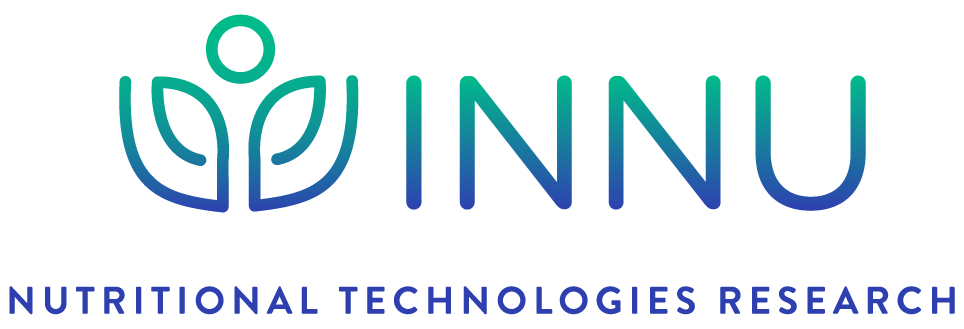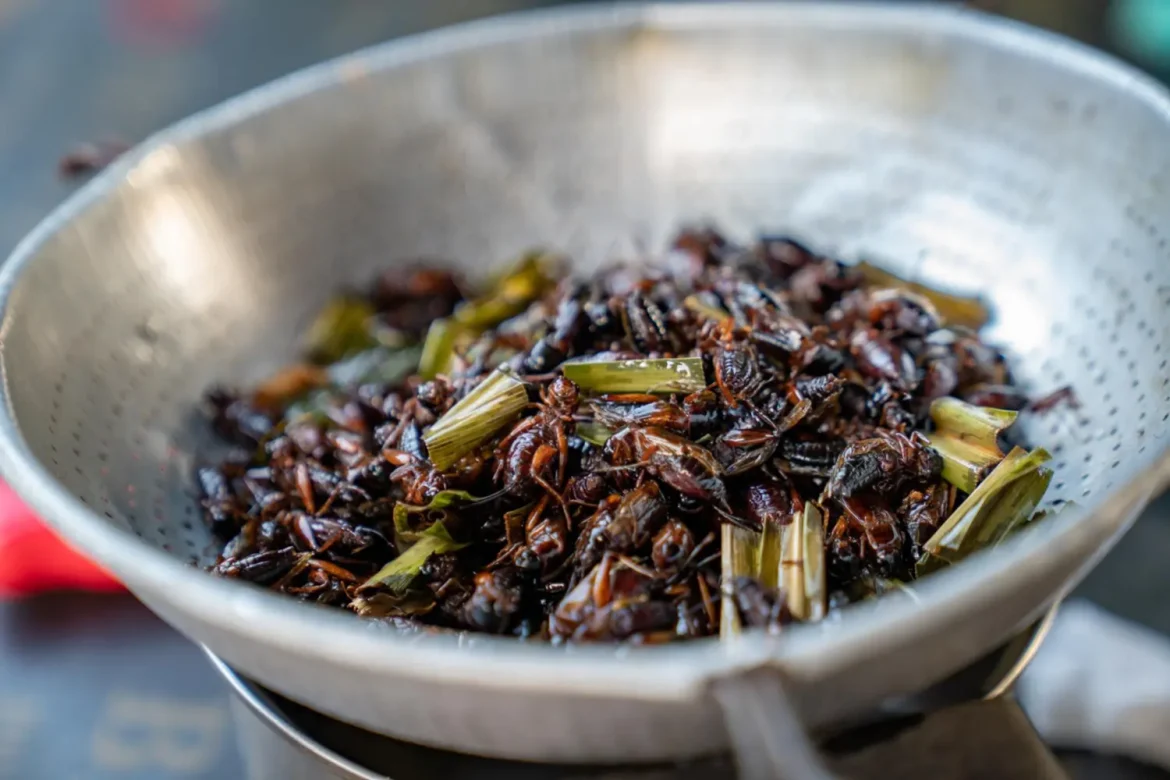In the quest for sustainable food sources, scientists and environmentalists alike have turned their attention to insects as a candidate. Edible insects offer a promising alternative to traditional livestock, benefiting both the environment and human health. Despite their advantages, edible insects face challenges in acceptance, especially in Western countries where cultural norms and perceptions often view them with distaste.
The Environmental Impact of Food Production
Traditional livestock farming is a major contributor to environmental degradation. It requires vast amounts of land and water, contributes significantly to greenhouse gas emissions, and often leads to deforestation and biodiversity loss. In contrast, insects have a much smaller ecological footprint. They require less feed, water, and land and produce fewer greenhouse gases.
Studies have shown that insects efficiently convert organic matter into protein, which can help reduce the strain on natural resources. With the world population expected to reach nearly 10 billion by 2050, finding sustainable protein sources is more crucial than ever. Insects might just be one of the answers to this pressing challenge.
Nutritional Powerhouses
 Beyond their environmental benefits, insects are also incredibly nutritious. They are rich in high-quality protein, healthy fats, vitamins, and minerals. For example, crickets contain as much protein as beef, along with essential amino acids and micronutrients like iron, magnesium, and B vitamins. Some cultures have long valued insects not only as a food source but also for their medicinal properties. Insects have been used to treat various ailments, from respiratory infections to joint pain, due to their bioactive compounds.
Beyond their environmental benefits, insects are also incredibly nutritious. They are rich in high-quality protein, healthy fats, vitamins, and minerals. For example, crickets contain as much protein as beef, along with essential amino acids and micronutrients like iron, magnesium, and B vitamins. Some cultures have long valued insects not only as a food source but also for their medicinal properties. Insects have been used to treat various ailments, from respiratory infections to joint pain, due to their bioactive compounds.
Overcoming Cultural Barriers
Although over two billion people around the world regularly consume insects, the practice, known as entomophagy, is often met with skepticism or outright rejection in Western countries. In many parts of Europe and North America, the idea of eating insects can evoke feelings of disgust, largely due to cultural conditioning and unfamiliarity. However, attitudes are slowly changing. As people become more aware of the environmental and nutritional benefits of insects, some are beginning to see them as a viable food source.
To address these cultural barriers, edible insects are increasingly being introduced in more palatable forms, such as protein bars, pasta, or flour. This way, they can be consumed without the visual reminder of eating an insect. Insect-based foods are also making their way into gourmet kitchens, where chefs experiment with novel flavors and presentations. By making edible insects appealing in taste and presentation, chefs are helping to normalize entomophagy in Western societies.
Economic and Social Benefits

Edible insects offer economic benefits, especially for communities in low-income areas. In regions where insects are a traditional food source, such as parts of Africa, Asia, and Latin America, insect farming provides jobs and income. The edible insect market is also expanding globally, with significant growth in the Asia-Pacific and Latin American regions. For many small-scale farmers, insect farming is a sustainable way to generate income with minimal environmental impact.
The Road Ahead: Embracing Innovation and Education
The path to mainstream acceptance of edible insects in Western societies will require innovative approaches and effective education campaigns. As consumers become more eco-conscious, edible insects have the potential to become more widely accepted. Encouragingly, some European countries have already approved certain insects as novel foods, paving the way for a broader market presence.
In conclusion, edible insects offer a sustainable, nutritious, and economically beneficial alternative to conventional livestock. By addressing cultural barriers and highlighting the benefits of entomophagy, we can progress toward a future where insects are not only a source of curiosity but a staple in our diets.
For more details on this interesting research, read the complete paper by Guiné, R.P.F.; Duarte, J.; Chuck-Hernández, C.; Boustani, N.M.; Djekic, I.; Bartkiene, E.; Sarić, M.M.; Papageorgiou, M.; Korzeniowska, M.; Combarros-Fuertes, P.; et al. Validation of the Scale Knowledge and Perceptions about Edible Insects through Structural Equation Modelling. Sustainability 2023, 15, 2992. https://doi.org/10.3390/su15042992


